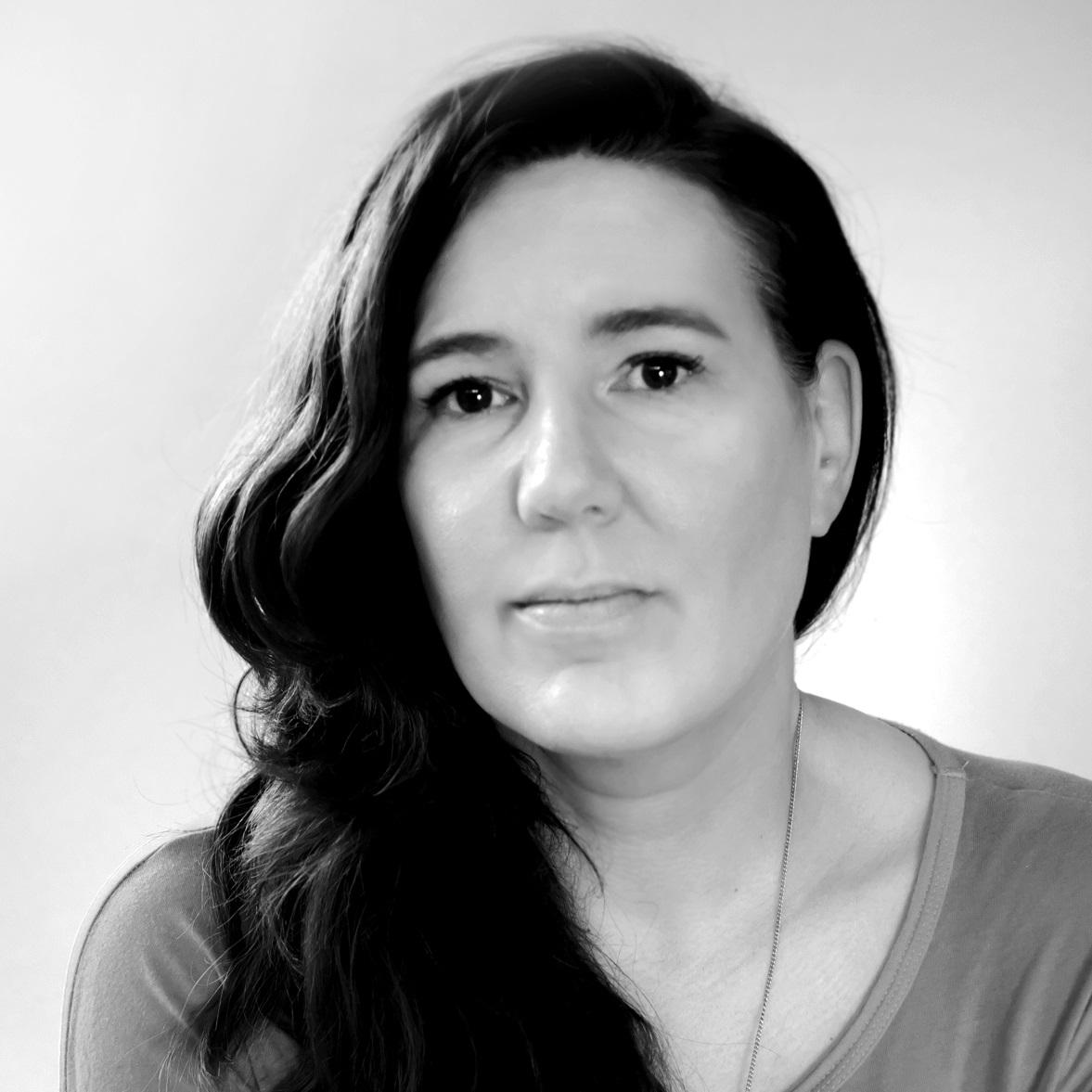When my baby was a toddler, a friend told me something that I'll never forget: "we only have them for 18 summers". Looking at this tiny little human who could barely stand, that seemed like a rather overwhelming concept. But she was right. We only have a certain amount of days, and summers, and years. With our families, and with ourselves.
About ten years ago I had a near death experience which compounded this idea, and compelled me to go out and listen to older people or those living with a terminal illness, to see what they regretted, and what they had learnt about making the most of all those days. It changed how I looked at life. And it also changed how I viewed death and our mortality.
Here are five things - some obvious, some less so - that I'd like to pass on. I hope, in some small way, they might help:
1. Some people don't like talking about death. And that's okay
I know this one won't come as a great shock to most of us, but talking about death can be very hard, especially for the dying.
Some people want to know how long they have, what will happen to them, and be reassured by the details of their new reality.
Others will find comfort not in the knowing, but in the denial that it's happening at all. They won't want to know their prognosis, or how long they have. They will carry on, taking each day as it comes.
Dying is a deeply personal thing. And when it's off-limits as a topic of conversation, then maybe talking about life, rather than death, and making sure those who are near the end know they are loved and special, might be a better thing to aim for. Which brings me to -
2. Dying can be a private matter
TV shows and movies are full of scenes where a dying person lays in bed, surrounded by their loved ones, ready to say their final goodbyes. But when I spoke to an Anglican pastor for my book, I learnt that this isn't - and would never be - some people's experience.
Keith, a man who has given the Last Rites to hundreds of patients, told me that for some, the act of dying is a very private thing: that it's very common for the dying to hold on and not let go until they are alone.
It made me think of the friends I knew, who felt guilty for walking away from a relative to go and get a cup of tea or a breath of fresh air, and missed 'it': friends who would berate themselves for not being there when they felt they were needed the most.
The pastor, with all his years of experience, made me realise that they really shouldn't hold on to this feeling of guilt, no matter how well meaning. That the chances are, they hadn't missed a thing because they were never, ever going to be there.
3. Anticipatory grief is real
There is quite a lot of judgement surrounding the amount of time a widow 'should' wait before finding a new partner, especially if the transition from their old life to their new one seems quite quick.
To be honest, I'm not sure I really understood this need for such haste either, until I got to meet a number of widows and discovered a thing called anticipatory grief. It made me realise that sometimes people move on quickly - not just because they don't want to be lonely - but because their grieving didn't start the moment they became a widow, it started months, maybe even years before, as they watched their partner's health deteriorate. That they moved on quickly because they had experienced a gradual uncoupling that would help in their survival; that they subconsciously prepared for the end, before the end eventually arrived.
4. The dying also go through the stages of grief
There is meant to be five stages of grief - denial, anger, bargaining, depression, and acceptance. And as many of us know, they don't usually get ticked off in neat succession, they pinball back and forward when you least expect it. But what isn't as known, is that these stages of grief can be, and usually are, experienced by the dying too - an important thing to keep in mind if we ever find ourselves trying to support loved ones in that situation.
They can become angry that they may not get the time they thought they would have; start hunting for cures and explanations from sources they never would have taken seriously before; and hopefully end up in a place of acceptance for what they ultimately can't control, and haven't chosen.
5. You never have as much time as you think
When we are young and healthy, it feels almost impossible to imagine yourself as old and unwell; and even harder to envisage yourself as young and ill. But, unfortunately, this does happen.
At the beginning of my book, I ask 'If you only had one year to live, what would you do with it'? There is a reason I asked that question: that's what happened to Katie, a young mum whose personal blog appears in one of the chapters. One year she was healthy and fit and enjoying life with her kids and husband, and the next she was gone.
Deep down we know life won't last forever. We know that one day we will all run out of summers. And if we keep that in mind then maybe, hopefully, we can also take a few chances, follow our hearts, and fill our everyday lives with good things that we won't look back on and regret.

